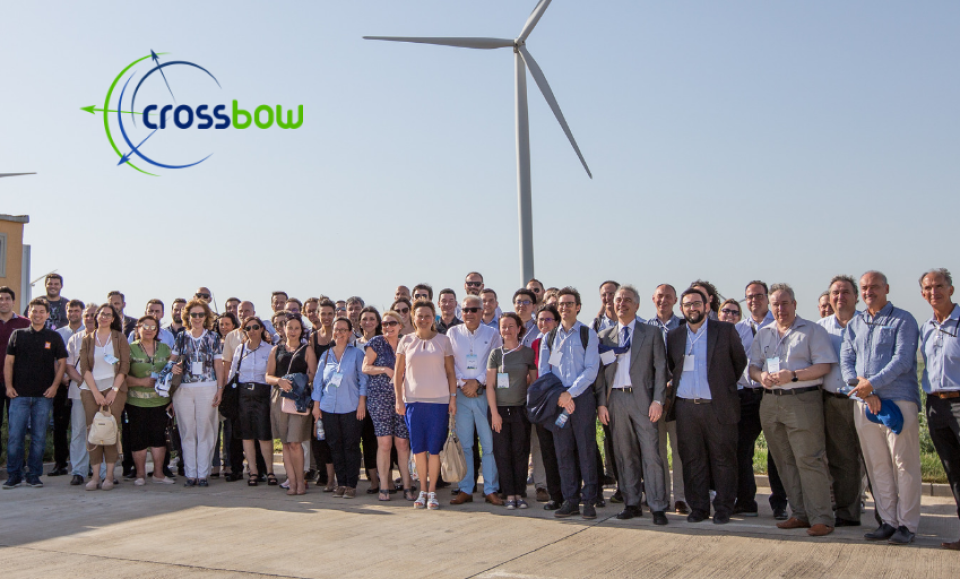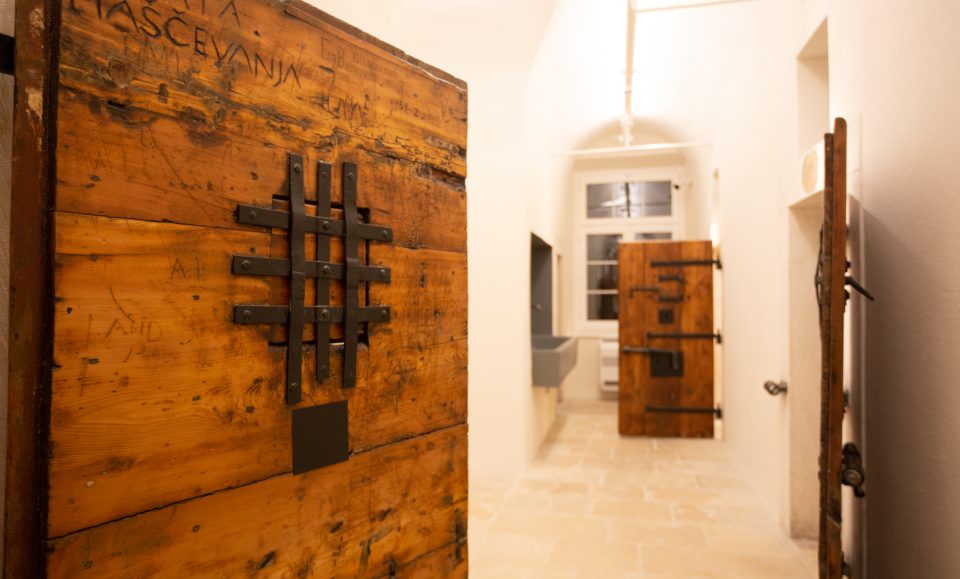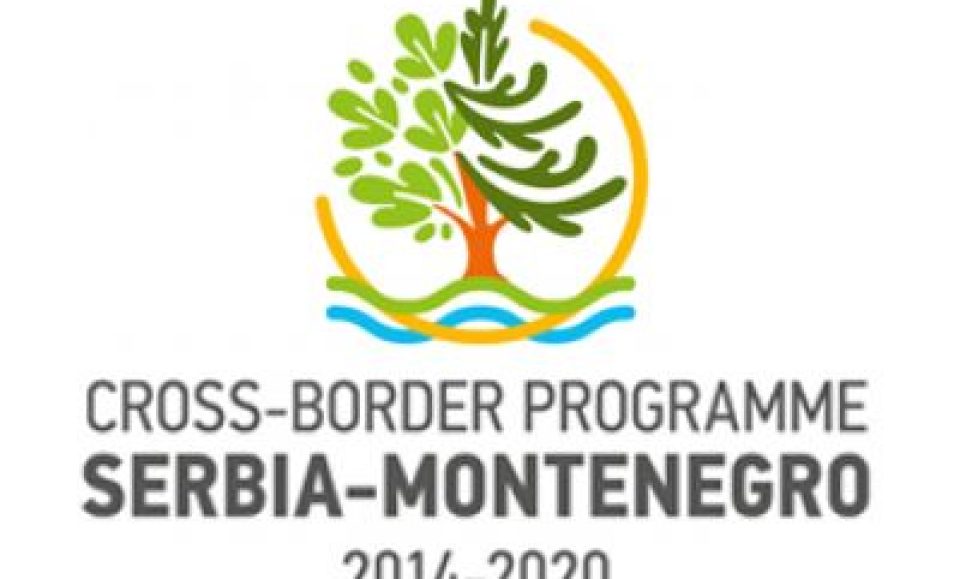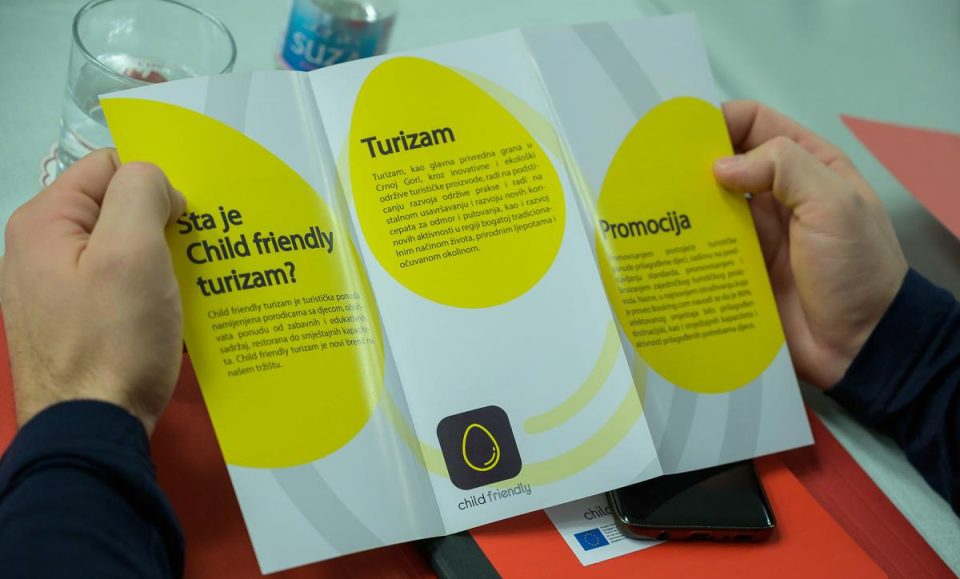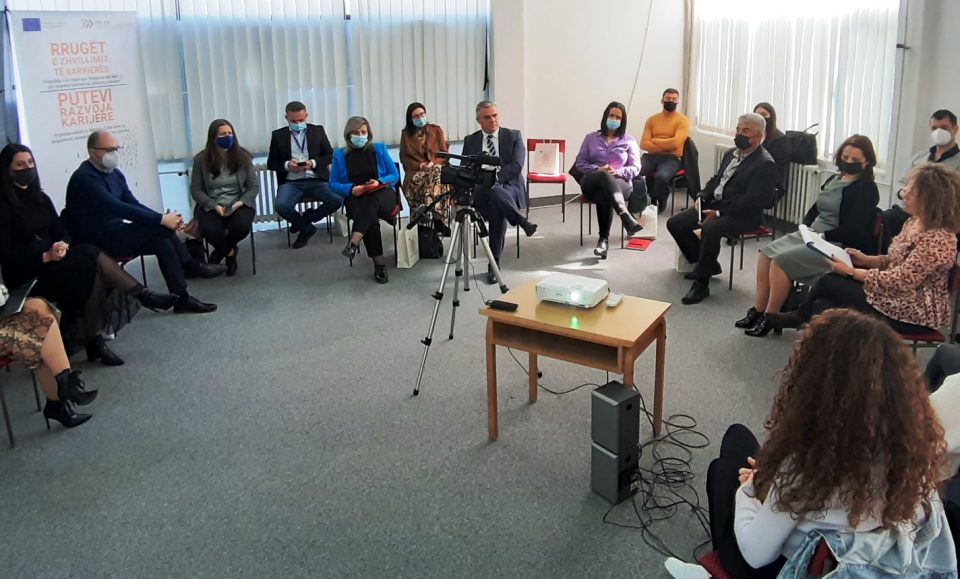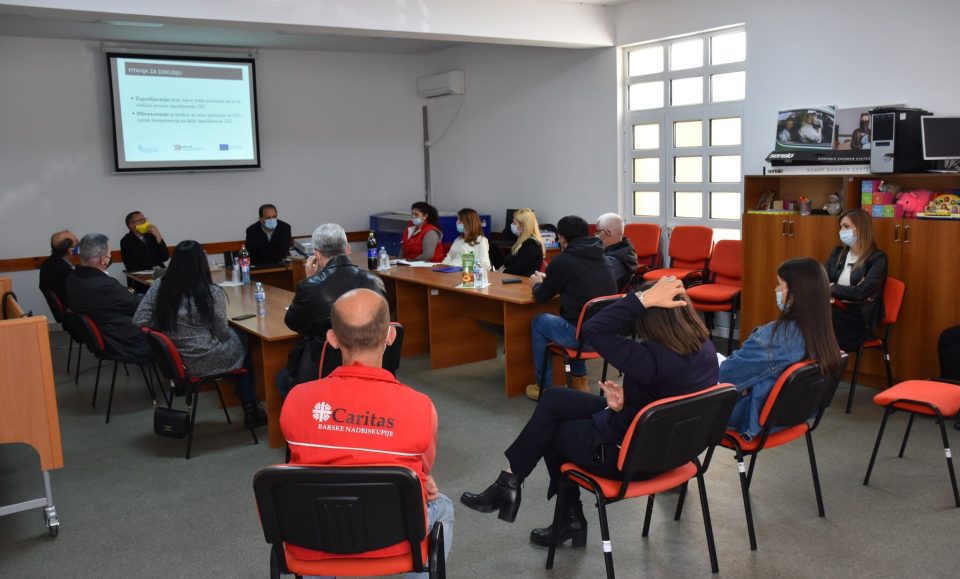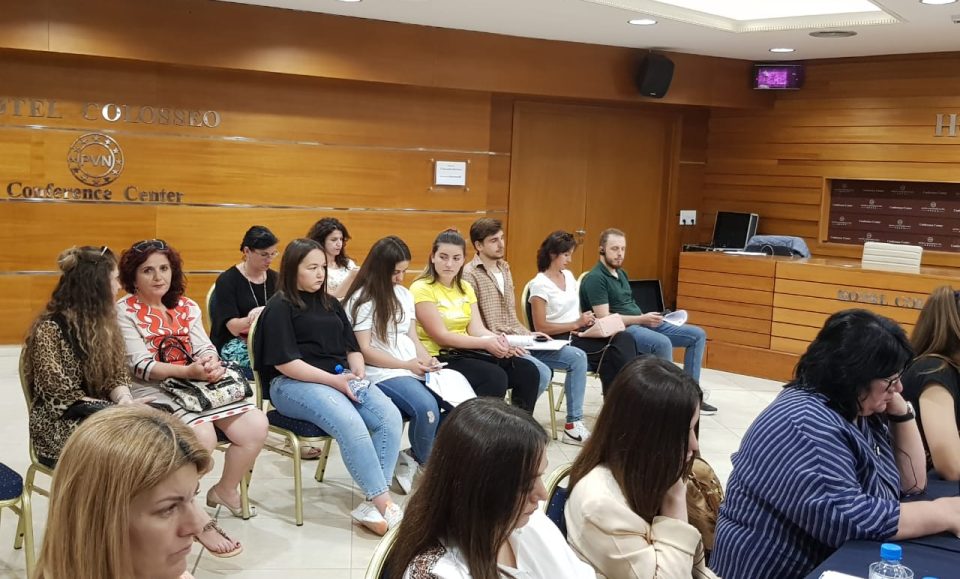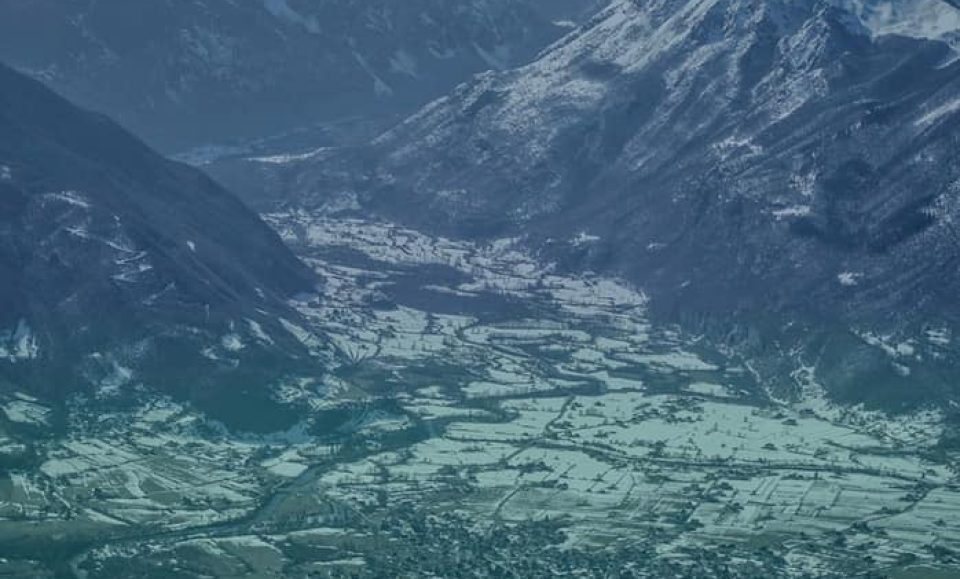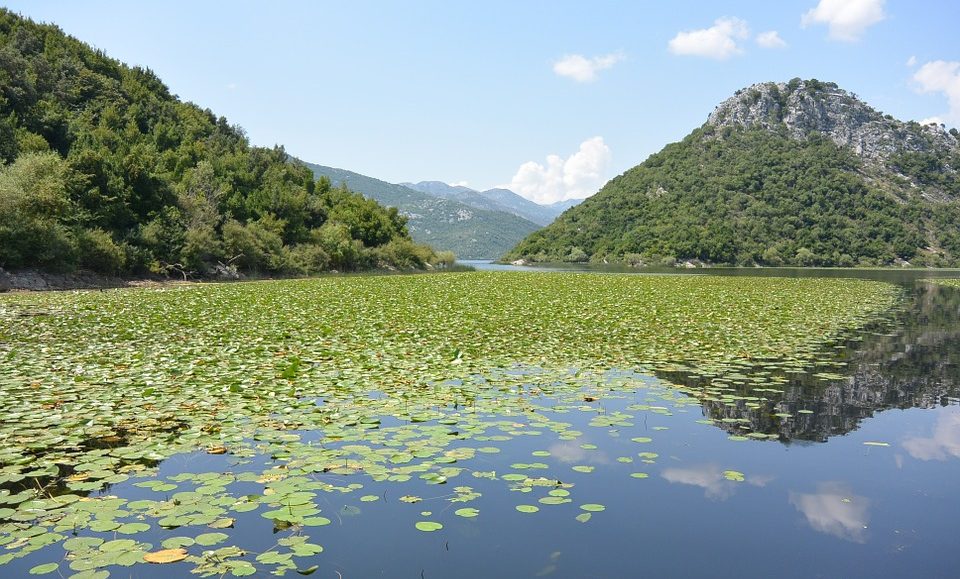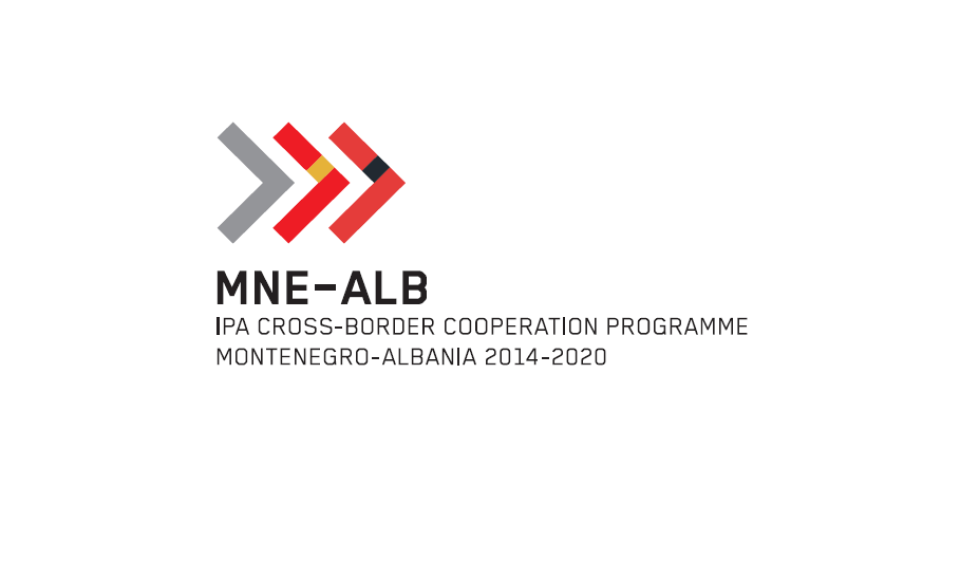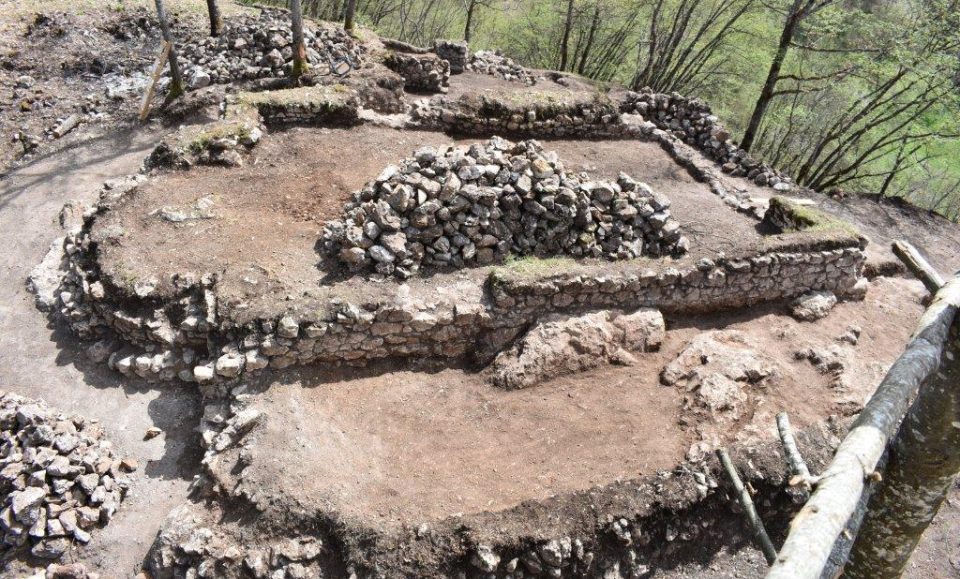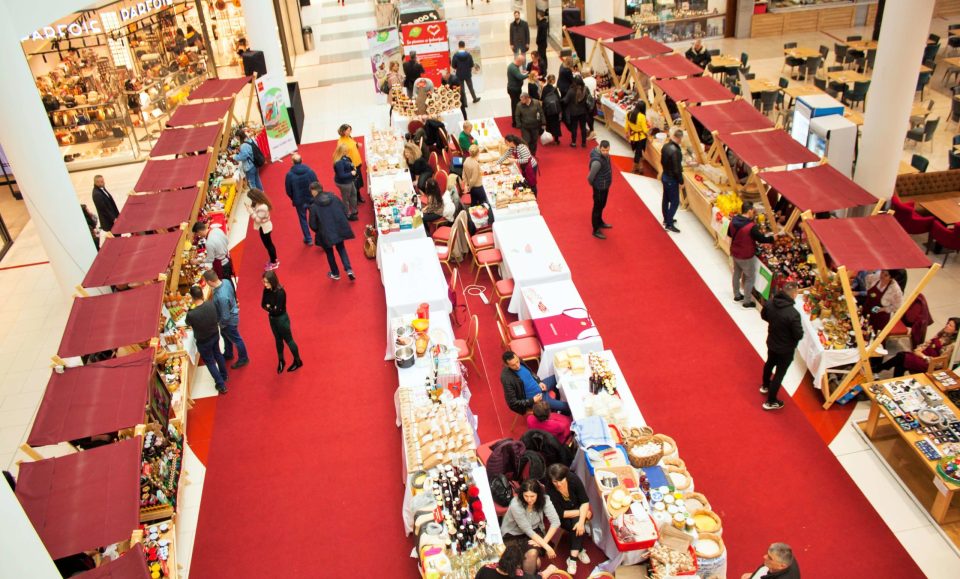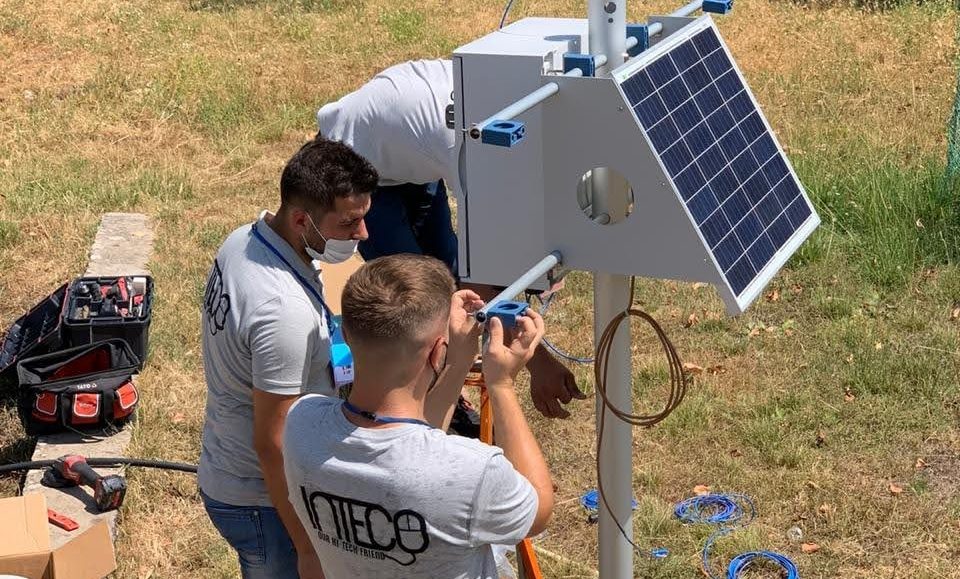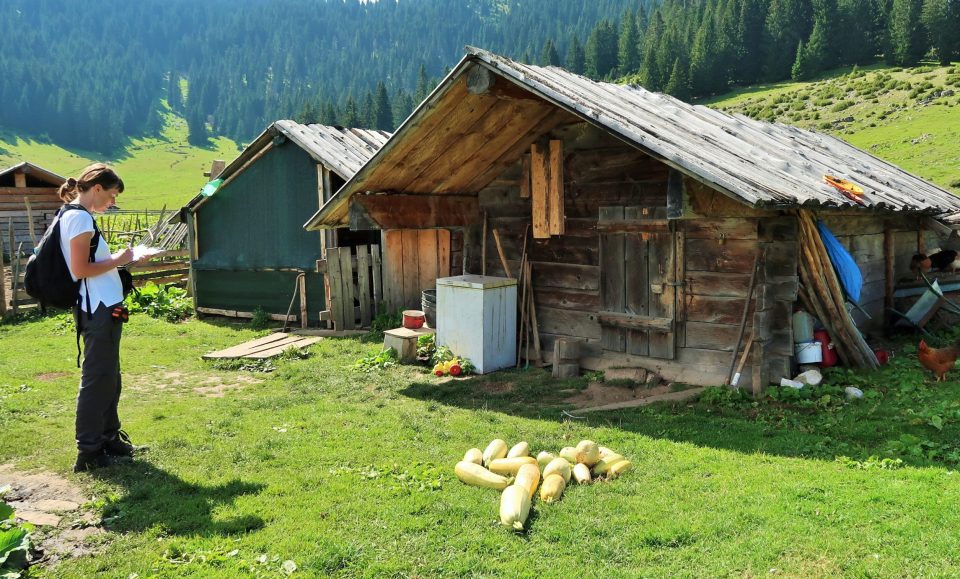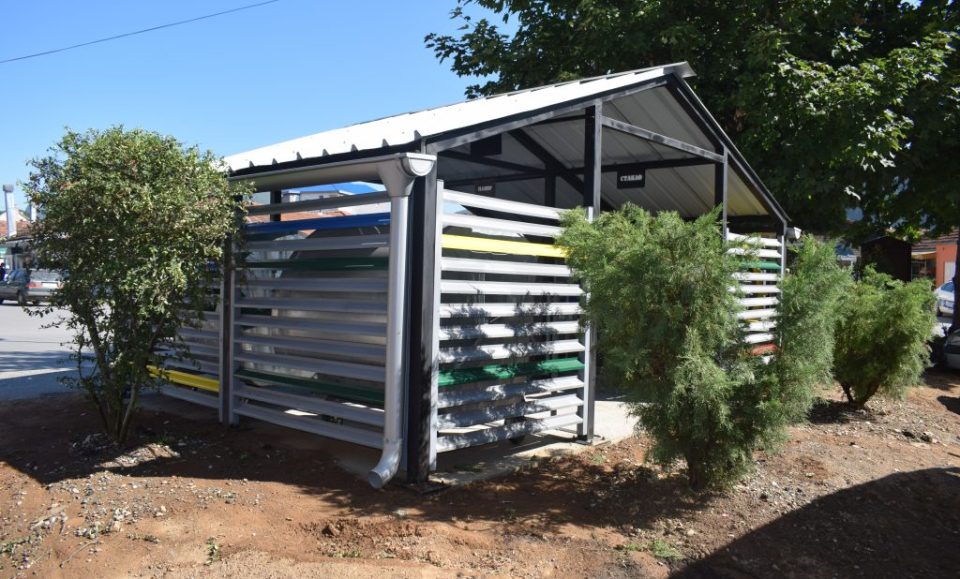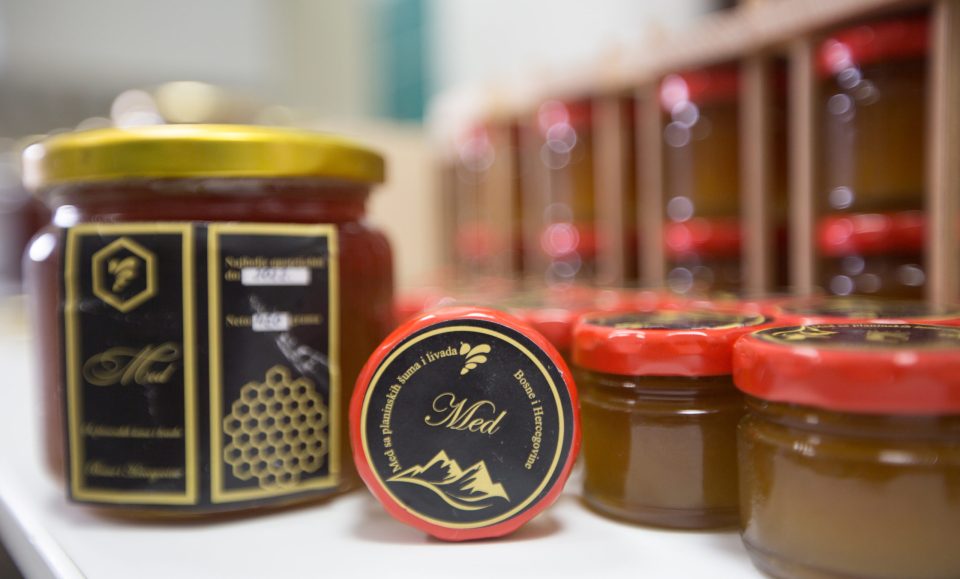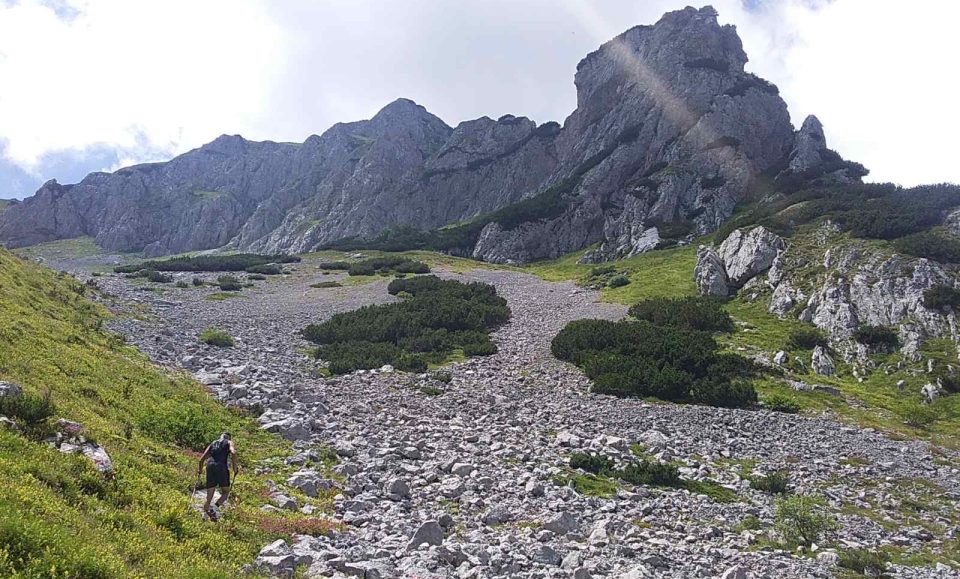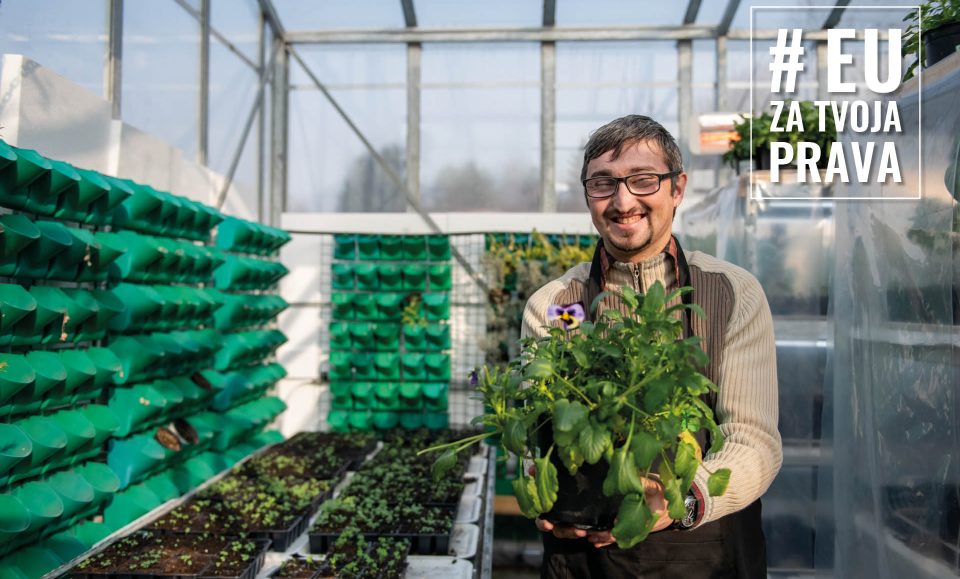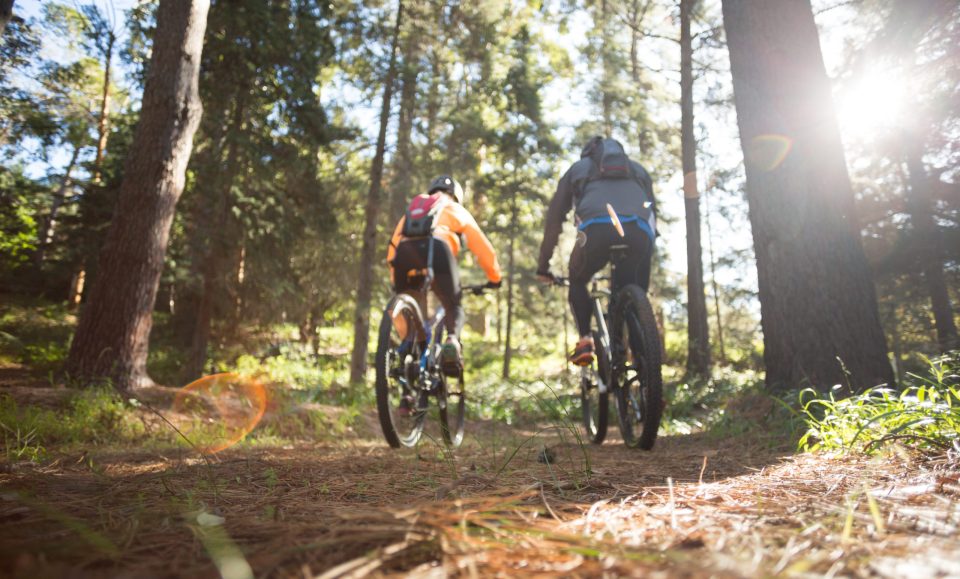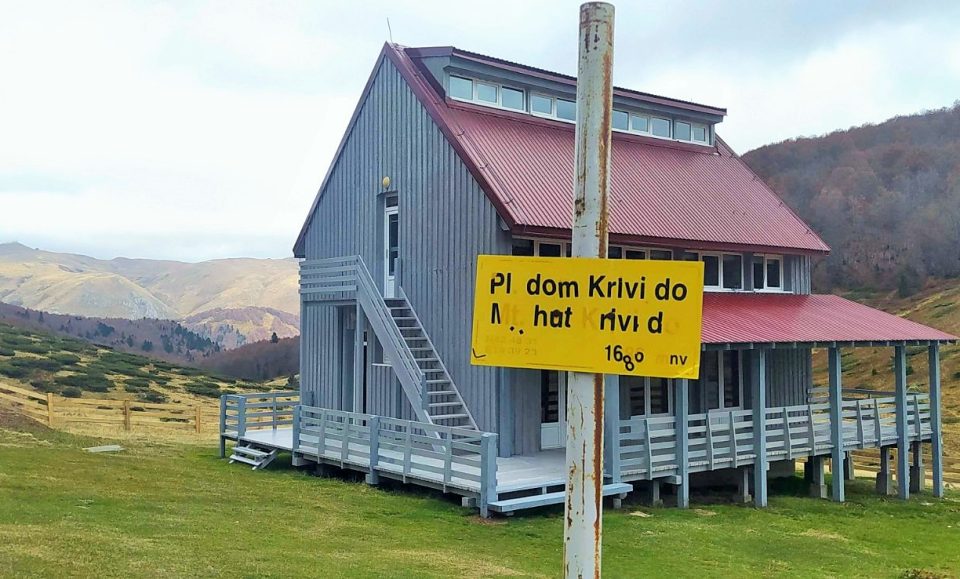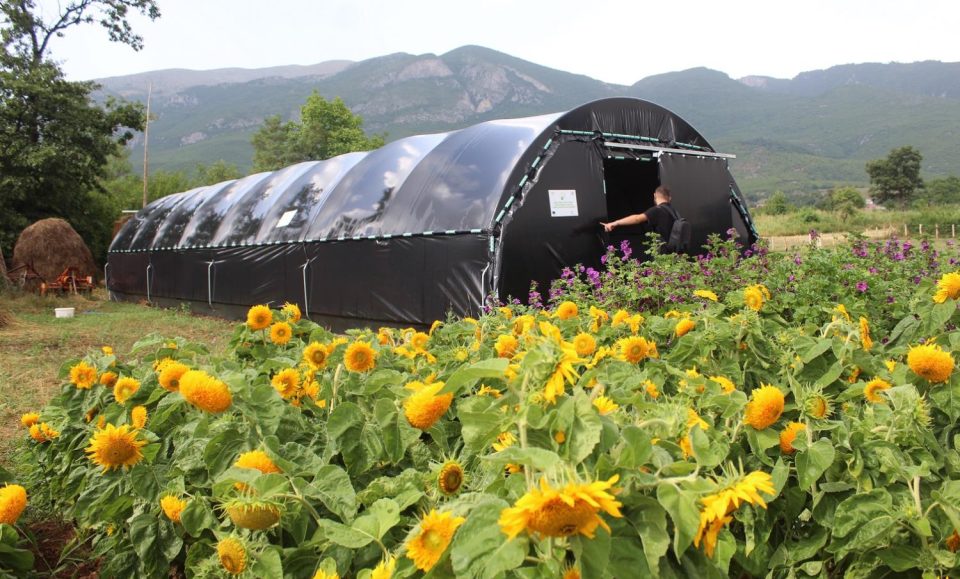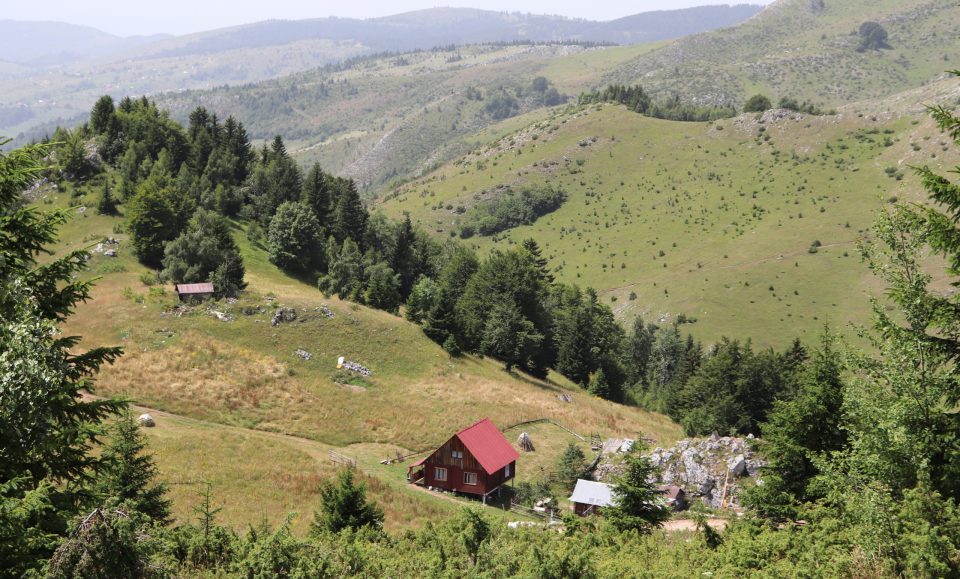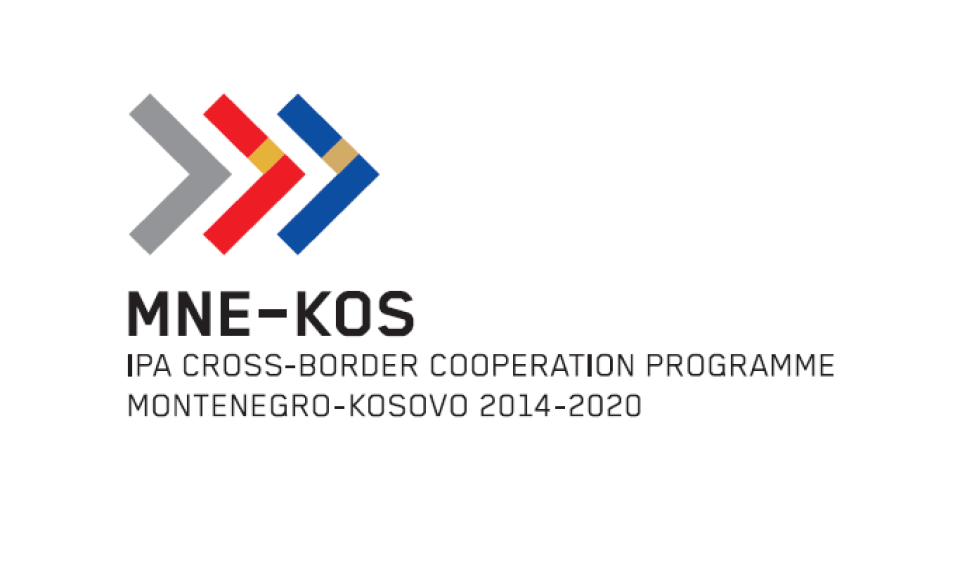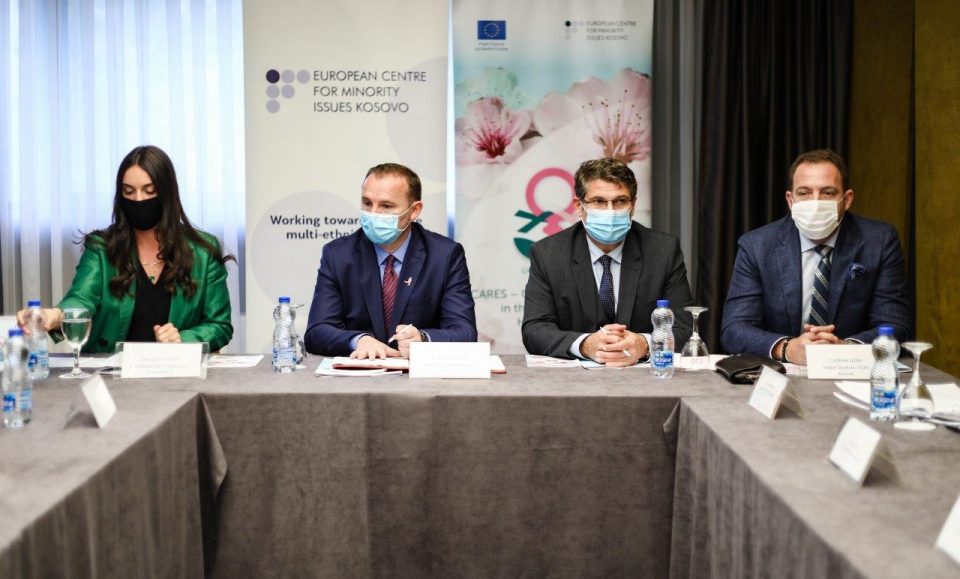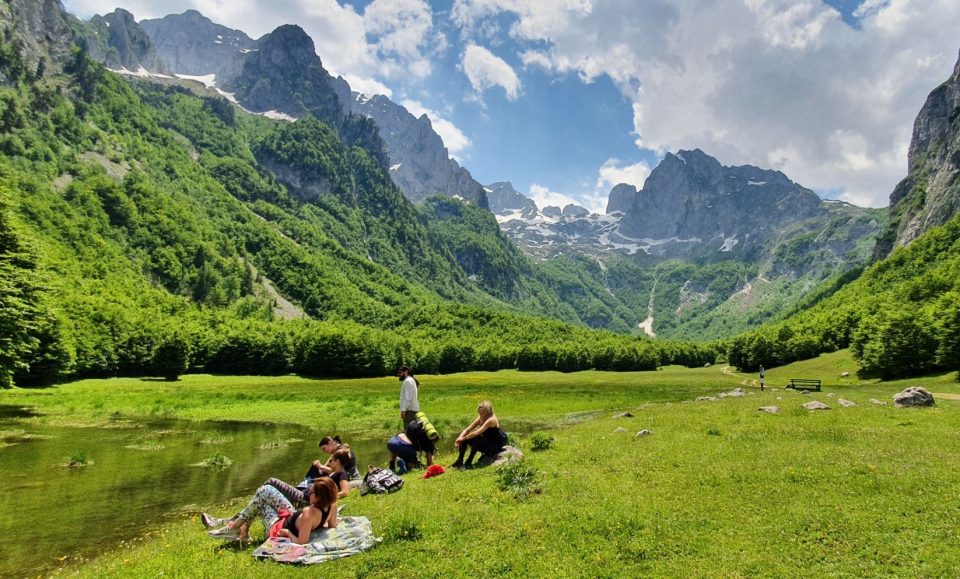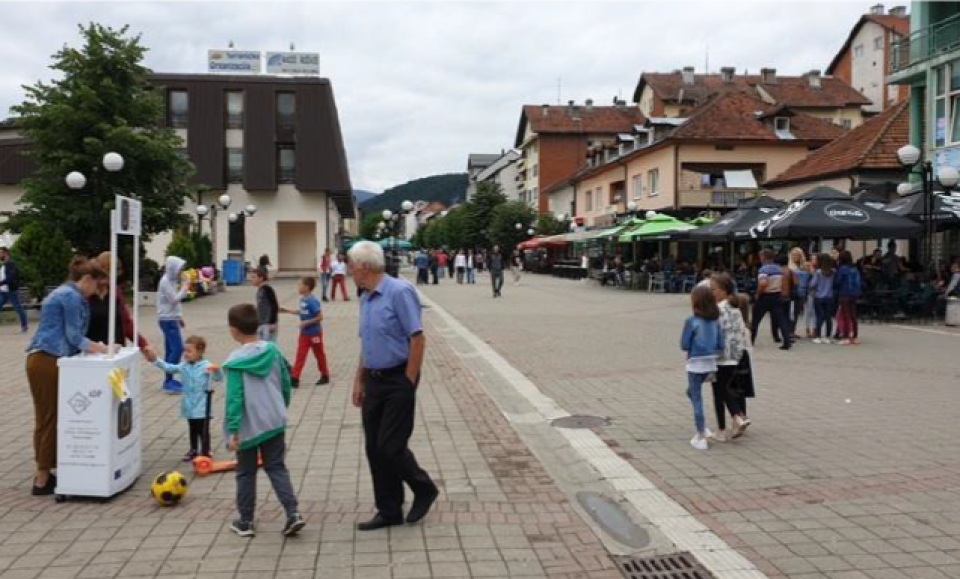Green energy often comes from renewable energy sources, which contribute to reducing greenhouse gas emissions…
Cross-Border and Regional Cooperation
Life in cross-border areas is special, as it may bring benefits but also challenges to inhabitants. They usually have similar lifestyles and share the same habits, culture and tradition, even resources and land. That is why Cross-Border Cooperation (CBC) is a key element of the EU policy towards its neighbours. It has been designed to promote good neighbourly relations, foster EU integration and enhance socio-economic development.
The CBC programmes between Montenegro and its neighbouring countries are the result of joint planning efforts made by the governments and other stakeholders of the programmes’ areas. Montenegro participates actively in 5 trilateral or transnational programmes and 4 bilateral CBC programmes: with Albania, Kosovo*, Bosnia and Herzegovina and Serbia. To support this, the EU has invested €52 million on both sides of the border since 2007: CBC Montenegro-Albania: €16.6 million; CBC Montenegro-Kosovo: €10.2 million; CBC Bosnia and Herzegovina-Montenegro €12.6 million; CBC Serbia-Montenegro €12.6 million. Projects carried out within these programmes are implemented at the local level and promote the exchange of knowledge and experience between neighbours, new skills and enhanced territorial cooperation. They aim at finding common solutions to shared challenges in a sustainable manner.
EU assistance in CBC Programmes contributes to: promoting employment, labour mobility and social and cultural inclusion across the border; protecting the environment, promoting climate change, adaptation and mitigation, risk prevention and management; encouraging tourism and cultural and natural heritage. EU assistance for CBC programmes will continue in the future, with a view to promoting reconciliation as well as building trust and good neighbourly relations in the Western Balkans.
*This designation is without prejudice to positions on status, and is in line with UNSCR 1244/99 and the ICJ Opinion on the Kosovo declaration of independence.
Previous
Next
Projects
Cultural heritage represents a strong bond to the past, present, and future. In every society, it gives a sense of unity and makes an inseparable part of the shared identity.
A one-stop shop represents an innovative employability model, as it combines different training programmes for acquiring a set of skills that will facilitate the transition of youth from school to work.
Wildlife tourism is an important part of the global tourism industry. It can also have a positive effect on the protection of endangered species and help wildlife conservation.
Tourism is one of the most important economic branches in the world. Cultural heritage tourism, in particular, is one of the fastest growing types of tourism in the global market nowadays.
Tourism is an important source of income for every country and helps in developing mutual understanding, exchange and collaboration across borders. Child-friendly tourism, as part of the tourism industry, can contribute to sustainable community development.
Youth employment remains high on the agenda worldwide. One of its most important components is the need to match young people’s skills with those required by the labour market.
Promoting inclusion and equal employment opportunities for persons with disabilities is central to social and economic development of any country. Unfortunately, persons with disabilities are likely to be unemployed or earn less than those without a disability.
Successful integration of young people in the labour market is important not just for their own well-being and economic prospects, but also for social cohesion and economic growth. It is therefore vital to support youth inclusion in society and the labour market, as well as youth entrepreneurship, especially through entrepreneurship education and training activities.
Zero waste protects the environment, benefits the economy and promotes social equity. For this reason, it is vital to raise public awareness about the negative health and environmental impacts of rubbish, as well as about all the benefits that a zero waste approach brings to society.
Montenegro and Albania share common water resources that are vital for sustainable development, environmental protection, economy, tourism and culture in both countries. Cross-border cooperation is essential when it comes to these aspects, especially in the area of Lake Skadar.
Floods and fires are the most common natural hazards in both Montenegro and Albania, with devastating effects on the environment, people’s lives and property, cultural heritage and economy. This project seeks to improve the protection of the targeted cross-border area from the risk of disasters.
The cross-border area of the municipality of Berane (Montenegro) and Shkodër County (Albania) is rich in undiscovered archaeological sites from different periods. However, this area is still economically underdeveloped, as little has been done to valorise it.
Medicinal and aromatic plants (MAPs) are globally treasured sources of herbal products. In many countries they are disappearing at a high speed, so it is important to manage them in a sustainable way.
Gastronomy, as the essence of culture and a major element of intangible heritage worldwide, is a growing driver for tourists. Gastronomy tourism helps to brand and market destinations and assists in maintaining and preserving local tradition and diversity, while harnessing and rewarding authenticity.
Montenegro and Albania are countries exposed to a wide range of hazards, including floods. As the level of disaster risk is high in both countries, this project focused on enhancing protection from hazards, primarily from floods, particularly through capacity building, awareness raising activities and cross-border cooperation in disaster risk reduction (DRR).
As tourist destinations, both Montenegro and Albania are committed to further developing their tourism products. Taking into account that some areas in the mountainous zones in both countries have become more attractive for investment, this project recognised the importance of protecting and preserving the cultural and natural heritage of such zones, while developing sustainable tourism at the same time.
Waste collection systems are designed to improve living conditions in cities around the world and are of crucial importance for the efficient protection of the environment.
Increased participation of women in the workforce is one of the most important components of development, economic growth and fight against unemployment in every society.
Beekeeping is a profitable enterprise, as it helps self-employment and poverty reduction, while not having a negative impact on the environment. This project was aimed at developing beekeeping as a good self-employment opportunity for persons with disabilities in the border regions of Bosnia and Herzegovina and Montenegro.
Active tourism is becoming more and more popular each year and as such represents a very important part of the tourism offer of every country. It contributes to local economies, environmental protection and sustainable development.
Ensuring equal employment opportunities for persons with disabilities (PWDs) is of great importance for their social inclusion. However, these people still face hurdles in the labour market and have lower employment rates than the rest of the population.
Cultural heritage is perceived as a common good of paramount importance and that is why its preservation is vital. This project looked to create and promote joint cross-border tourism products by encouraging partnerships in culture and tourism and restoring neglected cultural and historical heritage in the municipalities of Nikšić and Plužine in Montenegro and the municipalities of Trebinje and Bileća in Bosnia and Herzegovina.
Cycling tourism is becoming an increasingly important part of the tourism industry, especially in terms of its contribution to sustainable tourism development. This project aimed to support the development and promotion of cycling and outdoor tourism in certain rural areas of the cross-border regions of Montenegro and Herzegovina, as well as its integration into the overall tourism offer of the Adriatic hinterland.
Tourism is one of the major economic drivers in both Montenegro and Kosovo. This project is focused on two mountainous zones in the cross-border area of these economies.
Reproductive health is important for women’s general health and well-being. For this reason, it is necessary for women to be provided with inclusive health services and have equal access to accurate information about reproductive health.
Both Kosovo and Montenegro are experiencing the problem of young people leaving rural communities in search of job opportunities in cities. Yet, both economies are confronted with growing youth unemployment rates, while their farmers are getting older.
Cultural heritage tourism offers an opportunity for people to experience authentic activities, artifacts, food, clothing and music. It provides tourists with unforgettable, unique experiences and has a positive economic impact on society.
Transhumance is a seasonal movement of farmers and their livestock from one region to another, driven by search for better pastures and leading to the establishment of temporary pastoral settlements called katuns.
Education and training should match the needs of the labour market. Also, theoretical knowledge should be in line with its practical application, as those are two sides of the same coin.
Reproductive health is a state of complete physical, mental and social well-being in all aspects relating to the reproductive system. To maintain reproductive health, people need access to accurate information and quality health services.
Green jobs are central to sustainable development. This project was dedicated to generating new job opportunities in the agricultural sector in the cross-border region. It was focused on enhancing the level of knowledge and upgrading technical skills of local farmers, as well as promoting the farming sector as a viable opportunity for employment and self-employment in the targeted area, especially for young unemployed people.
The development of rural tourism has strong potential for diversifying the rural economy of both Montenegro and Kosovo. This project is created with a goal of strengthening the sustainable development of their cross-border region through valorization of joint tourism potentials, based on natural and cultural heritage..
Social innovation leads to new or improved capabilities and better use of assets and resources. This project is focused on building and strengthening the skills and competencies of young people in the cross-border area for socially innovative practices and participation in the digital economy sector. With the project are established hackerspaces in the targeted area.
Proper waste management is very important for environment protection. The idea behind this project is to contribute to protection of the environment and economic development of the border area through more efficient waste valorisation.
Outdoor tourism represents an important aspect of sustainable tourism delivery in every country. This project will support further development of the cross border area “Bjeshket e Nemuna/Prokletije” as an outdoor tourism destination. It will improve tourism infrastructure and increase the visibility of an area which is very rich in biodiversity and geological diversity.
Agriculture represents a major economic potential in both Montenegro and Albania. Therefore, it is important to be fully utilized and that young people in both countries become more engaged in agricultural activities.
Pollution represents one of the biggest threats of today, both for the environment and human health. It affects everyone and that is why it is important to take actions to reduce it.

